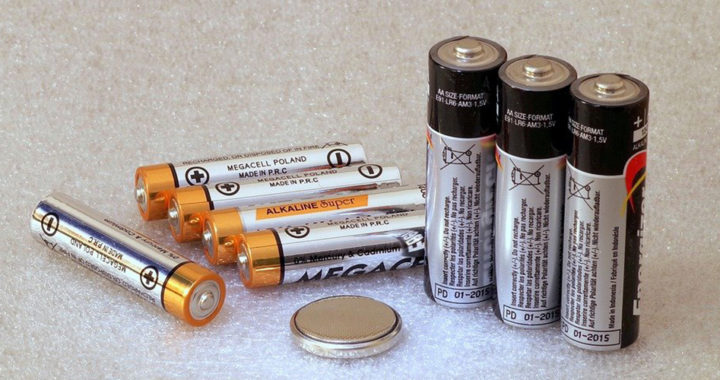Alkaline batteries are the most popular type of disposable batteries in the market. They generate electrical energy or electric current through the chemical reaction of zinc and magnesium oxide, as well as the use of an alkaline electrolyte of potassium hydroxide.
Note that these batteries are initially a type of dry primary batteries. They are non-rechargeable, and as such, they need to be disposed once drained. Of course, it is worth mentioning that manufacturers have produced rechargeable alkaline battery variants.
Pros of Alkaline Batteries
Below are the advantages of these batteries over other primary and rechargeable batteries:
Better Energy Density: These batteries have higher energy density when compared to most types of primary or disposable batteries such as Leclanché cell and zinc-carbon batteries, and some rechargeable batteries such as nickel-cadmium or nickel-metal hydride batteries.
Longevity: They have longer shelf life than batteries with chloride-type electrolytes that can last up to 7 years with only 5 percent power loss. Susceptibility to leakage is also low compared to Leclanché cell battery. They also remain functional at low temperatures.
Relatively Safe: Another advantage of alkaline batteries is that they do not pose serious health hazards to users and negative environmental impacts compared to acid-based and lead-based batteries. They do not require unique disposal methods.
Cons of Alkaline Batteries
The following are the disadvantages and limitations of these batteries over other primary and rechargeable batteries:
Internal Resistance Issues: Unreliability due to high internal resistance is a key limitation of alkaline batteries. Heat buildup results in voltage drops that, in turn, reduces the runtime and power output of these batteries.
Possibility of Leakage: Similar to Leclanché cell and zinc-carbon batteries, these batteries are also prone to leakage. To illustrate, when left unused inside a device for too long, they can leak. Leaked materials can corrode internal circuitry and damage the device.
Heavier and Bigger: These batteries are bulkier compared to rechargeable batteries such as lithium-ion and lithium polymer. Both lithium-based batteries have a slimmer and more compact physical profile while providing the same or better energy density.





